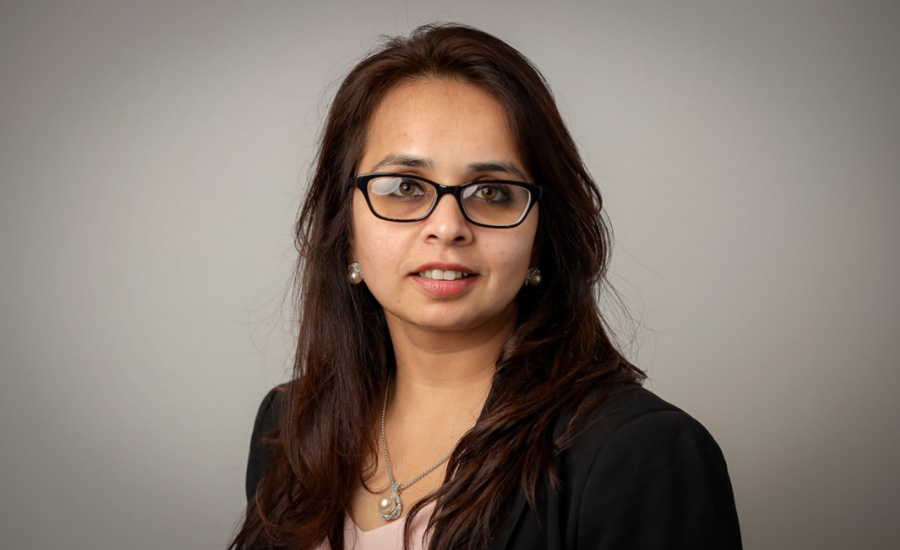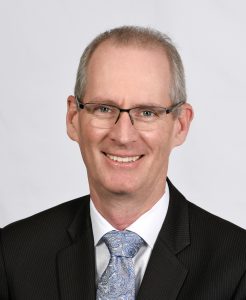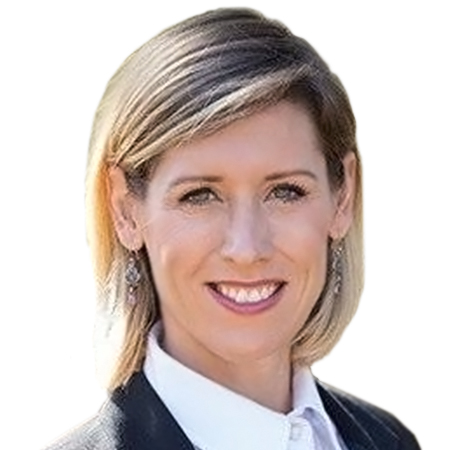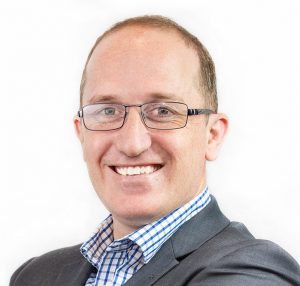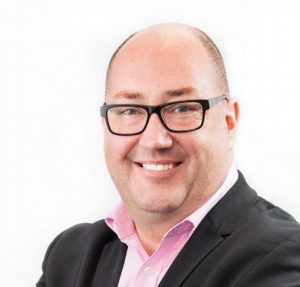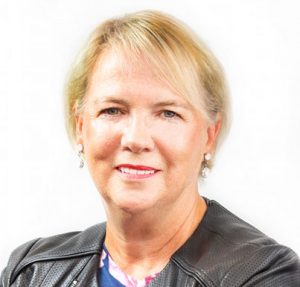This summer, up to ten Honours, Masters and PhD students from universities around Australia will work to solve real-world problems in telehealth, in collaboration with Digital Health CRC industry partners, supported by digital health experts.
Senior Lecturer in Digital Health at La Trobe University, Dr Urooj R. Khan, leads a ‘community of practice’ with the interns, sharing her own extensive experience in digital transformation (health) and project management to help the interns complete their projects effectively.
“There’s a wide range of research projects in digital health that have been identified, especially in virtual care. It’s been really fascinating to see how the interns will work with industry and academic supervisors to get this up and running,” Dr Khan says.
Dr Khan says that in the post-2020 world, everyone taking part in the project is very accustomed to collaborating remotely using online tools like Zoom.
“My focus is on contributing to the journey that the interns will go through,” she explains. “Our sessions will help interns keep the big picture in mind while they focus on the details, and I can help them identify potential risks and develop mitigation strategies for these.”
Dr Khan says she’s impressed at the high level of motivation from the student interns – and from her own extensive experience in project management, she says that’s a key success factor.
“Being highly motivated, both to learn and to conduct this research and get their projects done, will plays a very major and significant role in success.”
Dr Khan’s weekly mentoring sessions for interns allow the participants to set goals and check in on their progress, then open up to the group with any issues, and come up with a solution to move forward in their project.
Dr Khan shared techniques from her own project management background with interns, who have each set up a project plan that covers ‘the big picture’, identifying milestones that must be achieved, the deliverables and the activities that must occur to achieve the deliverables.
“This was really useful, two of the interns were able to come up with excellent plans, and the exercise helped the third intern realise that they needed clarification on the scope of the work for the project, so it really helped to identify exactly what they need to work on, from the very beginning.”
Dr Khan says that as mentoring sessions continue, she expects that the group will continue to talk openly about the issues they face, what they need to be able to progress, and she can guide them through her experience.
Summer internships this year will run from January through to April, depending on the start date for individual projects.
“It’s so valuable to bring together passionate graduates from different disciplines who can all potentially contribute to our digital health workforce,” she says.
“I can see that having this wide range of perspectives combined on a single platform via the Digital Health CRC internships will bring out rich, and diverse outcomes.”
She says that the internships deliver three important outcomes; they allow industry participants to solve a defined problem, they give interns important research or industry-based digital health project experience – and they also fast-track new entrants Australia’s nascent digital health workforce.
“I wish such opportunities existed when I was doing my Masters degree in 2012-13, because that would have shortened my learning curve!” she says.
Read more about the summer intern projects HERE

